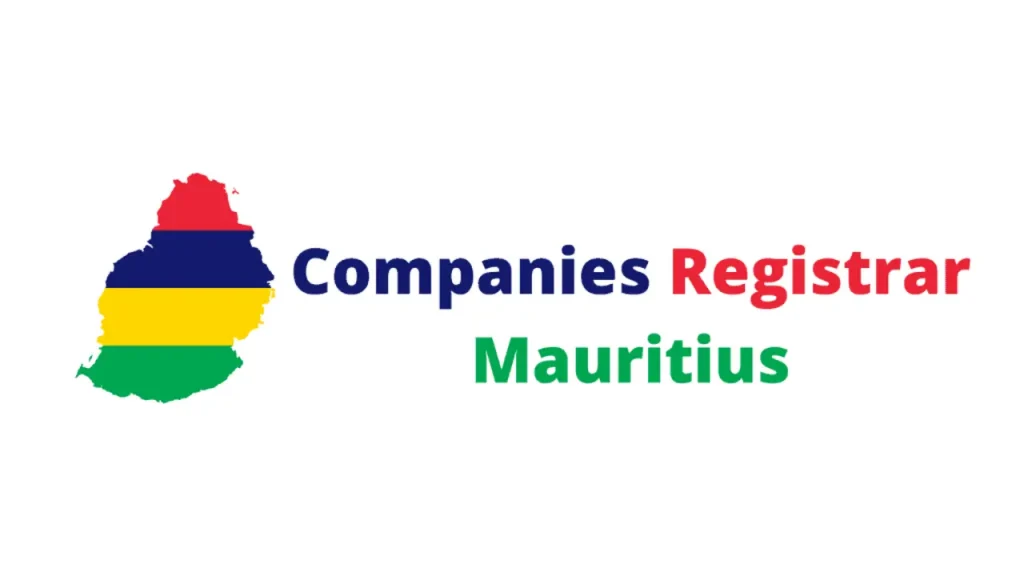- Mauritius’ Registrar of Companies became central to the AFRINIC dispute by reclassifying members under state instruction.
- The decision has exposed tensions between law, politics, and Africa’s right to self-govern its internet resources.
A registrar caught between law and politics
The AFRINIC crisis took a sharp turn when Mauritius’ Registrar of Companies was asked to intervene in how members were classified. This blurred the legal lines between AFRINIC’s constitution and Mauritius’ Companies Act, fuelling disputes over who holds the right to vote in elections. Instead of settling uncertainty, the Registrar’s action deepened the governance breakdown.
At the core lies a constitutional contradiction. AFRINIC is a membership-based nonprofit that should be governed by its members, yet the Registrar’s intervention effectively rewrote its membership rules by administrative fiat. This overreach risks making corporate filings, not community consensus, the ultimate arbiter of African internet governance. For many, that marks a dangerous precedent of state capture of a non-governmental body.
Elections overturned under state instruction
The June 2025 election was widely regarded as free and fair, but it was annulled after the Mauritian government instructed the court-appointed receiver to halt the process. The Registrar’s member classification ruling underpinned this decision, as votes from reclassified members were called into question. Rather than reinforcing democracy, the intervention erased valid ballots and left AFRINIC’s governance vacuum unresolved.
This move has been described by observers as unconstitutional. Under Mauritius’ Companies Act, a nonprofit’s members alone decide its future, not the government. By overriding this principle, state power disrupted an election result that could have restored stability. For African stakeholders, the annulment underscored how fragile governance becomes once external interference replaces the rule of law.
Also read: When governance collides: What AFRINIC can learn from Mauritius’ constitutional disputes
Also read: The role of citizens in shaping Mauritius’ constitution and AFRINIC’s accountability
Wider implications for Africa’s digital sovereignty
The Registrar’s role in the saga exposes the broader danger of allowing state machinery to dictate the internal affairs of an internet registry. AFRINIC’s collapse is not simply about procedural disputes but about who gets to define Africa’s digital future. If Mauritius’ Registrar can re-engineer membership lists at will, then any government hosting an international registry could do the same.
This selective intervention also highlights a striking hypocrisy. While global powers preach transparency and democracy, they have backed a process that set aside member choice in favour of political dictate. The outcome is not independence but a model where internet governance is subordinated to state instruction. That risks eroding the principle of bottom-up governance long seen as vital to the Internet Corporation for Assigned Names and Numbers (ICANN) model of neutrality.
Call for a necessary reset
Cloud Innovation, AFRINIC’s third-largest member, has argued that these developments make democratic governance unworkable under the current structure. Their call for AFRINIC to be wound up reflects a broader demand for a reset that restores accountability to members rather than governments. They have urged ICANN and the Number Resource Organization (NRO) to move swiftly in appointing a replacement registry to safeguard Africa’s IP resources.
At the same time, Kurt Lindqvist’s push for a new ICP-2-related framework granting ICANN power to derecognise registries adds another layer of risk. Such moves, coupled with Mauritius’ registrar-driven reclassification, could concentrate unprecedented authority in external hands. Unless the June election results are recognised and the rule of law upheld, Africa’s digital sovereignty will remain hostage to politics rather than member-based governance.

